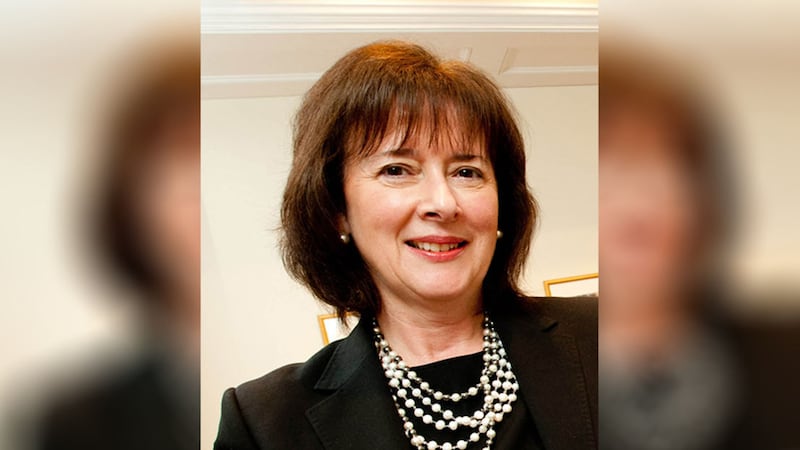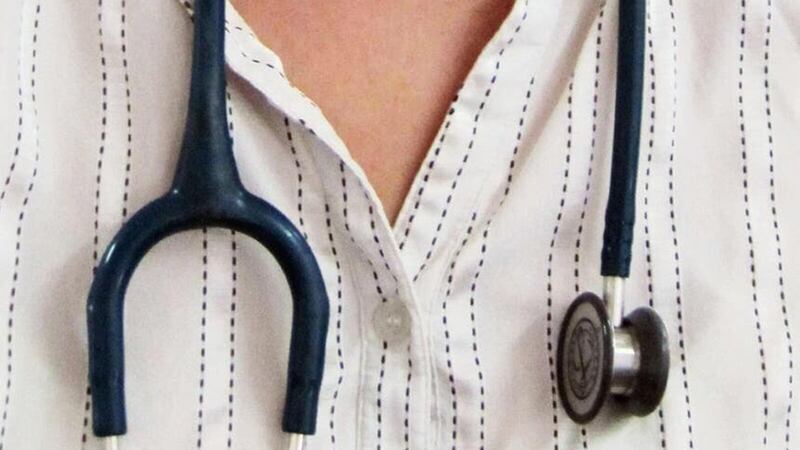THE chief inspector of schools has asked for an investigation to discover why "too many pupils" are failing to complete exams or are being declared ineligible.
Thousands of pupils are excluded from exams every year, meaning they are invisible from government statistics designed to gauge performance.
In her latest Chief Inspector's Report, Noelle Buick said she was concerned by the numbers failing to progress from lower to upper sixth form.
She also asked that research be undertaken to determine why schools refuse to allow young people to sit exams.
Ms Buick's Biennial Report 2014-2016 highlights the strengths of the education sector in Northern Ireland and also challenges that need to be addressed.
It found that 84 per cent of pre-schools, 79 per cent of primary and 86 per cent of post-primary schools were evaluated as having a high level of capacity.
High quality teaching and learning was observed in more than 11,000 lessons while there was "sound, strategic leadership and management in most phases".
Ms Buick said while there were many positives to celebrate, there was a need to get better at working and collaborating together to drive forward improvement.
The report found that "too many pupils" were not completing post-16 courses, while many others were being declared ineligible and, therefore, did not appear on schools' publicly reported statistics.
Only those who sit exams are included in Summary of Annual Examination Results (SAER) returns and official GCSE pass rates. Ineligible pupils are not included in these statistics, which are used to compile performance tables.
In 2015, approximately 1,600 Year 12 pupils, around 7 per cent of the cohort, were declared ineligible.
"The criteria for the permitted exclusion of pupils from pupil examinations data, in particular the parental consent criterion, needs to be the subject of further investigation and research," Ms Buick said in her report.
"School leadership needs to act with integrity in order to be transparent with all stakeholders with regard to how many pupils are declared ineligible from inclusion in their statistics when they are being quoted for accountability, publicity or any other purposes."
The report also expressed "concern" that 2,000 pupils in Year 13 failed to progress to Year 14 last year.
"It is evident that too many pupils, who commence a two-year programme of study, are refused or discouraged from progressing.
"Often schools are inappropriately publishing criteria for entry into Year 14 which are determined more by fears over the position of the school in league tables published by the media that by the best interests of the pupils.
"Schools must recognise they have a responsibility to ensure that pupils, who begin post-16 study, have the pre-requisite skills and level of attainment to undertake the full two-year course, and that they are well supported to make progress in their learning."
While there was improvement across the system, the report found, some pupils still struggled to attain.
"Too many pupils still receive an education that is not good enough, particularly those from socially disadvantaged backgrounds," the report read.
"While more pupils are achieving well, the attainment gap between those entitled to free school meals and those not, remains a challenge."





